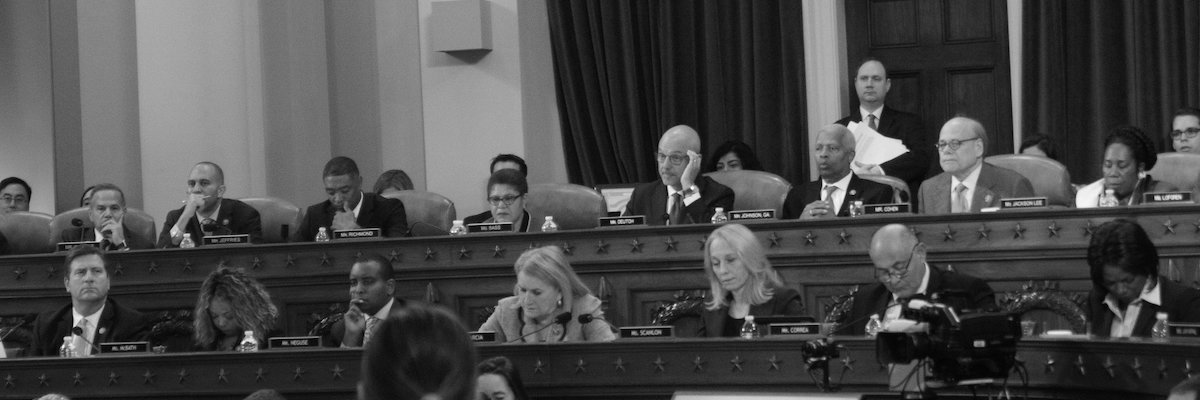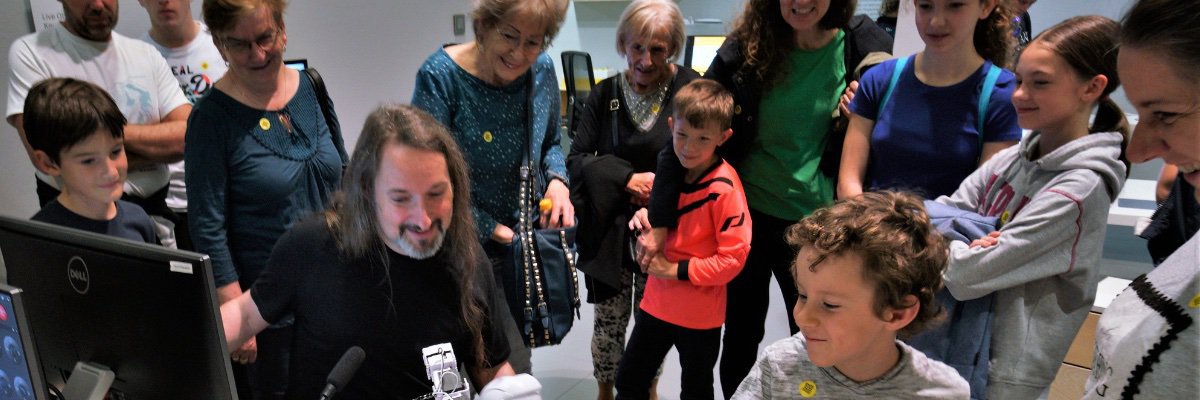Today we’re publishing the first piece in an ongoing collaboration between MuckRock and the Rutgers Institute for Information Policy & Law (RIIPL) exploring local government use of big data, artificial intelligence, and algorithms.
We’re excited to help broaden public understanding of the new ways in which government decisions are being made. The series will be exploring how technology can make our democracy more efficient and responsive when used well, and also how negative the impact can be when we don’t fully think through the consequences or, in many cases, force our vendors to explain how the technology works.
But beyond our own reporting, we’ll be opening what we learn to the public, including primary documents as well as the public records that helped us get them and an open database of instances of how these algorithms are being used throughout the country.
Through interviews with leading experts and public records requests filed across the country, MuckRock Projects Editor/Senior Reporter Beryl Lipton will investigate city contracts, requests for proposals, and in-house development of these systems of governance to build an open, searchable database of how these technologies are in use.
Sign up now for regular updates, or submit a tip on public policy algorithms you’d like to see added to our open database.
“Algorithms are playing an ever larger part in who goes to jail, who gets dibs on the best education, how we move through cities, and every other part of public life – we need to know more about them,” said Rutgers Law Professor Ellen P. Goodman, partner and advisor to the project. The goal is that the reporting and underlying database can be used by scholars to help advance our understanding about how widely machine learning has already spread, and what are the key issues requiring greater transparency and study.
This reporting and analysis will explore key issues of algorithmic transparency and equity, including current best practices, the dangers of codifying existing biases, and how vendors handle the increasingly large amounts of sensitive data entrusted with them by agencies. RIIPL will help connect these investigations and data with academic research on smart city governance. When launched early next year, the database of algorithms in use across America will also be available at the project page. Those interested in following the project can register for updates here.
We’ll also be experimenting with a new approach for us, licensing these stories under a Creative Commons license that allows news organizations, non-profits, and others to republish these stories. Please reach out if you’d like to syndicate some or all of the series on your own site: We’ll be offering access to some of the pieces so that partners can publish at the same time we do.

Algorithmic Control by MuckRock Foundation is licensed under a Creative Commons Attribution 4.0 International License.
Based on a work at https://www.muckrock.com/project/algorithmic-control-automated-decisionmaking-in-americas-cities-84/.




